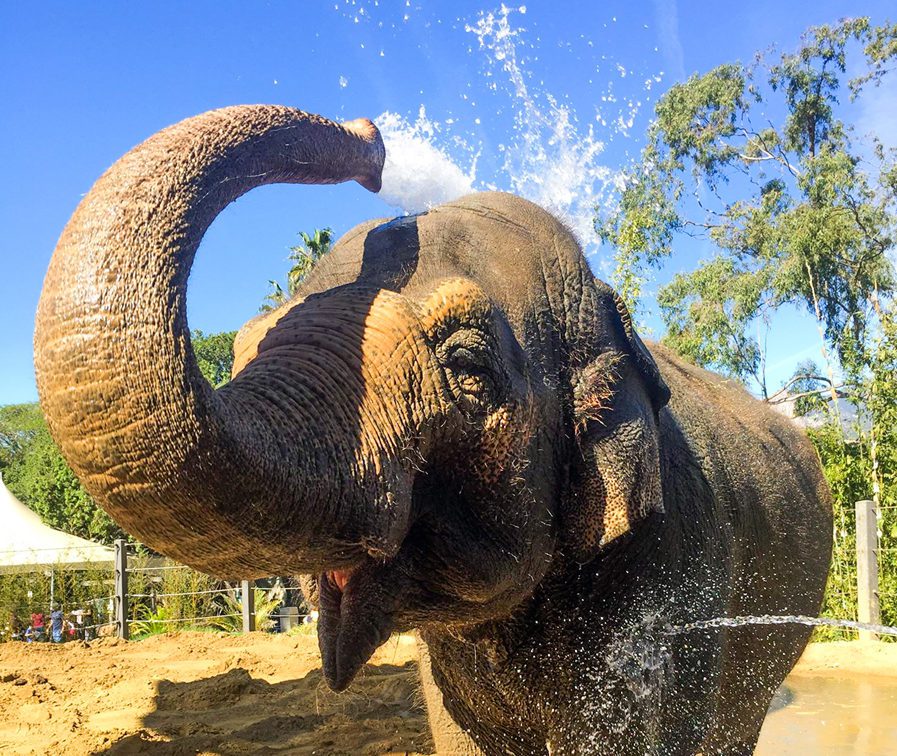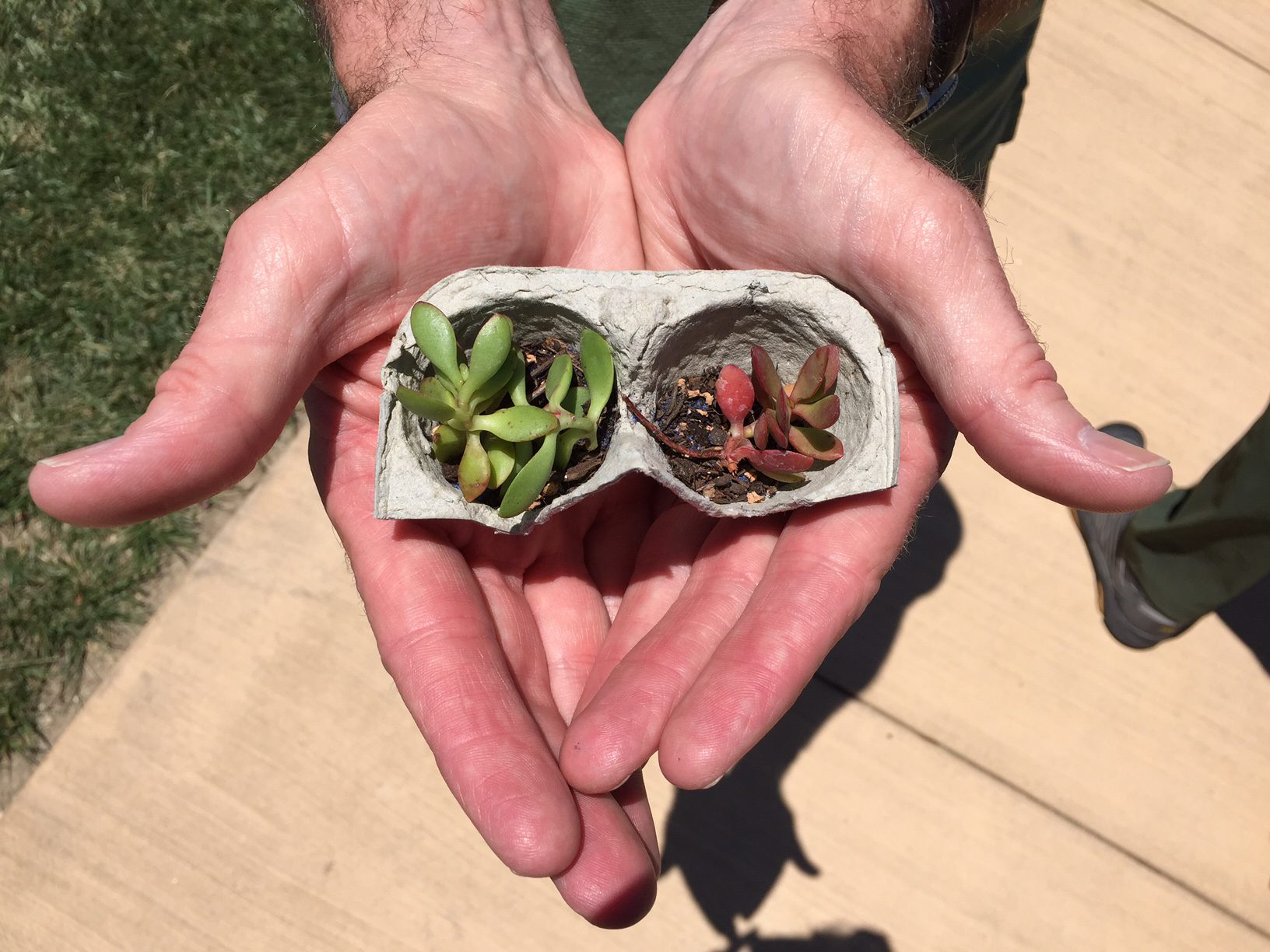“I loved the elephant Sujatha. How come she died?”
– Susan, age 8
We loved Sujatha, too.
Sujatha was born in 1974 to an elephant who worked in a logging camp in India in 1974. Little Mac was discovered nearby in the forest, an orphan. The two have lived at the zoo since they arrived here at 1½ years old (when they stood about four feet high). That was 46 years ago!
Asian elephants are considered “senior citizens” around age 40. Sujatha was 47 years old, so she was elderly in elephant years.
She faced medical issues related to old age, particularly a joint disease called arthritis (arr-THRY-tis), which humans also get. It can be very painful.
Our animal care and veterinary teams did all they could. Many kinds of therapies and pain medicines had worked over the last few years. But recently, she showed us that she was having difficulties.
How did she show us? She was sleeping less than normal. She sometimes used her trunk to support her weight when she walked. She then stopped being interested in her regular activities, such as interacting with keepers. Sujatha was usually eager to work with us, and she liked the fruit rewards.
We tried new treatments and medicines, but she did not respond.
We knew it was time to say goodbye when she refused to eat and take medicines, and stopped moving much. At that point, Sujatha’s comfort was the most important thing, and the decision was made to let her go. She was given a shot and went to sleep.
She died surrounded by the keepers and staff who loved her. Later, Little Mac was given access to Sujatha. Elephants grieving for fellow herd members has been seen both in the wild and under human care. It was important for Little Mac be allowed to grieve her companion of 46 years.
What about Little Mac? She could live at the Santa Barbara Zoo or be moved to join another herd. How she reacts will help the keepers and elephant experts decide her future. We want what is best for her.
Sujatha was a wonderful elephant and will be missed. She has left her mark on this community and has helped us all be more conscious, more connected, and more inspired than we were before.
Visit www.sbzoo.org/animals/asian-elephant to learn more about her.
— Liz, Elephant Manager







